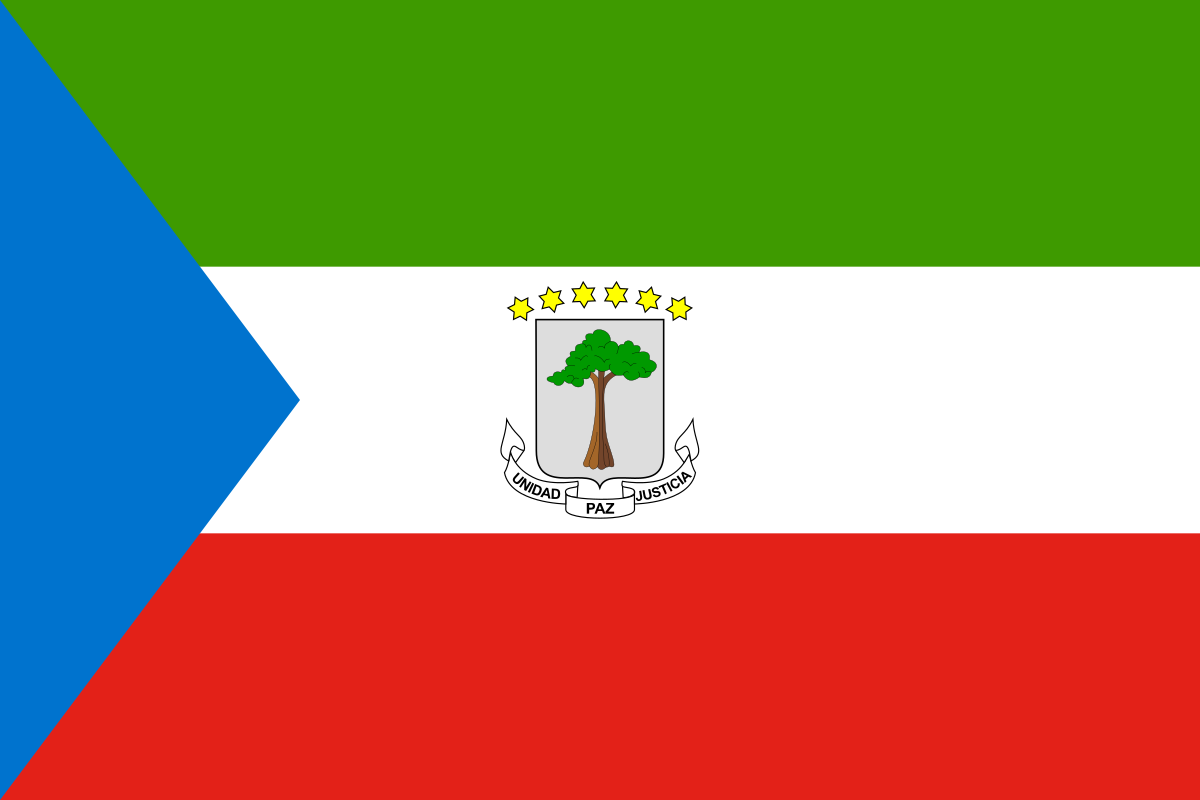Spanish journalists accused of whitewashing Equatorial Guinea’s dictatorship

Some of Spain’s most influential media outlets and journalists are being accused of acting as propagandists for one of the world’s longest-running and most brutal dictatorships – that of Teodoro Obiang Nguema in Equatorial Guinea.
For over 45 years, the regime has been marked by political repression, political assassinations, and institutionalized plundering.
Yet, certain Spanish journalists appear to have found a “space of prosperity” in aligning with this regime, a decision that is being heavily criticized as a violation of both professional duty and moral responsibility.
The Shameful Role of La Razón
In July 2024, La Razón crossed the ethical line, positioning itself as an agent of propaganda for the Obiang regime.
The newspaper published articles and analyses that praised the supposed successes of the dictatorship, while completely ignoring reports from international organizations such as Amnesty International, Human Rights Watch, and severe condemnations from the European Parliament and the U.S. State Department.
These institutions have consistently described Equatorial Guinea as a country ruled by criminals.
The media’s praise of the regime ranged from absurd to offensive.
It lauded roads and buildings, presented tourist clichés, and ignored the harsh realities faced by a people suffering from hunger, repression, and corruption.
La Razón’s editorial direction, under Francisco Marhuenda, allowed the paper to become a tool for covering up a regime responsible for the murder of opposition figures, the destruction of democratic institutions, and the embezzlement of billions of public funds.
Luis María Anson’s Collusion
Equally scandalous is the behavior of veteran journalist Luis María Anson, who described Equatorial Guinea as a “warehouse of prosperity.”
Anson, known for his influence on Spanish public opinion, visited the country and returned with articles glorifying the regime while turning a blind eye to the executions, lack of freedoms, and widespread fear among the population.
His actions, alongside his rhetoric, not only betrayed the oppressed people of Equatorial Guinea but also violated journalistic integrity by ignoring the truth.
Jesús Fonseca and Arantxa Bartolomé Madiba: Voices Serving Tyranny
Journalists Jesús Fonseca and Arantxa Bartolomé Madiba also lent their voices to the narrative of Obiang’s regime.
Fonseca, an ex-delegate for the EFE news agency, went so far as to call the regime a “model of efficiency.”
At a time when the regime was brutally suppressing opposition, Fonseca chose to highlight infrastructure built with money stolen from the people.
Madiba participated in this distorted narrative by describing Obiang as an exemplary leader while disregarding the regime’s systematic human rights abuses.
Both journalists, driven by economic interests and political favors, have betrayed the fundamental principles of journalism.
Their collaboration with the Obiang regime is not just an act of disinformation; it’s a direct contribution to the perpetuation of a dictatorship that continues to murder, torture, and impoverish its citizens.
Journalism’s Moral Duty
Journalism has a vital role to play in holding power to account, exposing the truth, and giving a voice to the voiceless.
To whitewash a murderous dictatorship like that of Equatorial Guinea is a betrayal of this duty.
It is an act of ignoring the suffering of opposition figures who have been tortured, murdered, or exiled for over 40 years.
It blinds itself to reports documenting the plundering of the country’s natural resources to enrich a ruling elite while the majority of the population lives in extreme poverty.
This collaboration cannot be justified by economic arguments or claims of the regime’s achievements.
Highlighting roads built with blood money or buildings funded by the suffering of the people is not journalism—it is propaganda.
A Call for Ethical Accountability
Armengol Engonga, President of the PPGE, stated that “It is time for the Spanish journalism union to reflect on its role in whitewashing the Obiang dictatorship.
Journalists who are responsible for this must be held accountable, and the media must take responsibility for reporting honestly and ethically.”
He added, “Complicit silence and propaganda not only perpetuate tyranny but also betray those who rely on journalism as a beacon of truth and justice.”
While these journalists and media outlets praise the Obiang regime, the people of Equatorial Guinea continue to suffer.
Their voices must be heard, and their struggle for freedom cannot be ignored or minimized by selfish interests.
History will judge harshly those who chose the side of the oppressors instead of speaking out for the oppressed.
About The Author
dailymailafric
I am an avid African news observer, and an active member of Daily Mail Africa.
I’m Passionate about staying informed on diverse topics across the continent,
I actively contribute to publishing on political, economic and cultural developments in Africa.



